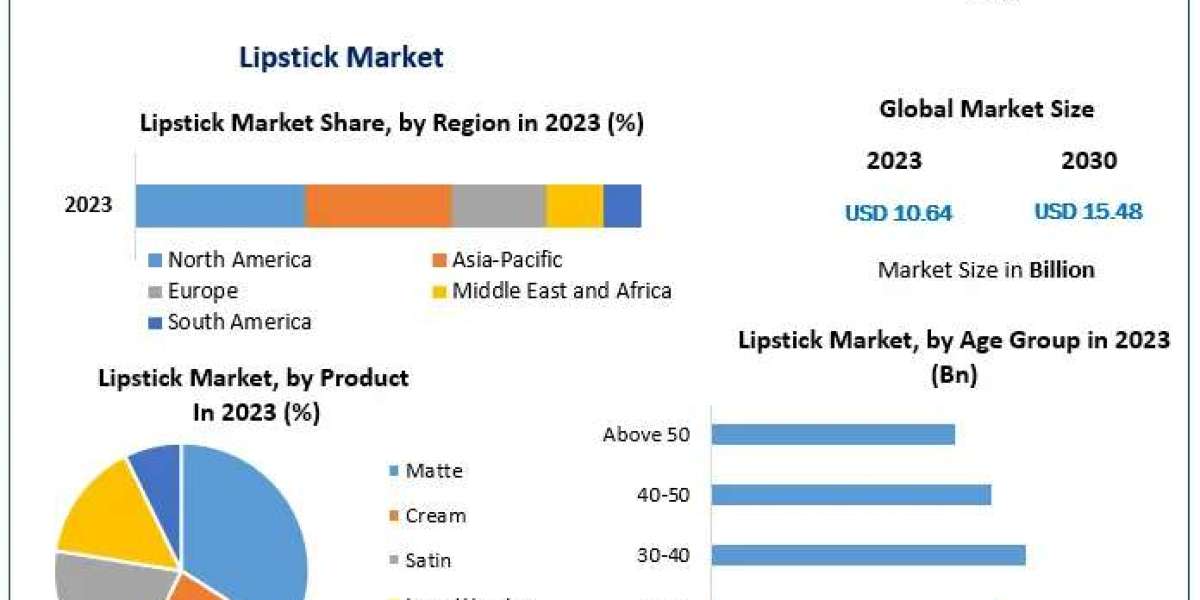In the world of online retail, the FBA private label business model is rapidly gaining popularity among entrepreneurs looking to build profitable and scalable e-commerce brands. Combining the benefits of private labeling with Amazon's Fulfilled by Amazon (FBA) service, this strategy empowers sellers to create unique products under their own brand while leveraging Amazon's logistics network to handle storage, shipping, and customer service.
What is FBA Private Label?
FBA (Fulfilled by Amazon) private label involves sourcing products from manufacturers, branding them under your own label, and selling them on Amazon. Amazon’s FBA program handles the operational heavy lifting, including warehousing, order fulfillment, and returns management, allowing sellers to focus on product development and marketing.
This model allows entrepreneurs to differentiate themselves in a crowded marketplace by offering unique, branded products while benefiting from Amazon’s vast customer base and efficient logistics.
Benefits of FBA Private Label
- Brand Ownership: Private labeling gives sellers complete control over their product branding, packaging, and customer experience, enabling them to build a loyal customer base.
- Access to Amazon’s Marketplace: With millions of active shoppers, Amazon provides an unmatched platform for visibility and sales. FBA sellers also benefit from Prime-eligible listings, which attract more buyers.
- Reduced Logistics Hassles: Amazon handles storage, shipping, and customer service, allowing sellers to focus on growing their business.
- Higher Profit Margins: Private label products often yield better profit margins than reselling existing brands, as sellers can control pricing and reduce competition.
- Scalability: Once a product is successful, sellers can easily expand their product line or target new markets.
How to Start an FBA Private Label Business
Identify a Niche: Start by researching product categories that have consistent demand, manageable competition, and potential for differentiation. Tools like Jungle Scout and Helium 10 can help identify profitable opportunities.
Find a Manufacturer: Use platforms like Alibaba or local suppliers to find manufacturers who can produce your product. Negotiate terms, order samples, and ensure the quality meets your standards.
Design Your Brand: Create a memorable brand identity, including logo, packaging, and product labels. Professional design can enhance the perceived value of your products.
Set Up Your Amazon Seller Account: Register for an Amazon Professional Seller account to access FBA services and list your products.
Optimize Product Listings: Write compelling product titles, descriptions, and bullet points that highlight key features and benefits. Use high-quality images and include relevant keywords to improve search visibility.
Launch and Market Your Product: Use Amazon Advertising, social media, and email marketing to drive traffic to your listings. Encourage reviews to build credibility and improve conversion rates.
Challenges to Watch Out For
- Competition: The Amazon marketplace is competitive. Differentiating your product through branding, quality, and features is essential.
- Upfront Investment: Private labeling requires initial capital for product development, branding, and advertising.
- Inventory Management: Overstocking or understocking can impact profitability. Monitor sales trends and adjust inventory levels accordingly.
- Amazon Fees: FBA fees can eat into profit margins if not carefully managed. Consider these costs when pricing your products.
Tips for Success
- Focus on Quality: High-quality products lead to better reviews, fewer returns, and higher customer satisfaction.
- Leverage Analytics: Use data-driven insights to optimize pricing, inventory, and marketing strategies.
- Scale Gradually: Start with one product and refine your process before expanding your product line.
Conclusion
The FBA private label model offers a lucrative opportunity for entrepreneurs to build a successful e-commerce brand. By leveraging Amazon’s logistics network and combining it with unique, branded products, sellers can create a sustainable business with significant growth potential.
While challenges exist, a strategic approach to product selection, branding, and marketing can set you apart in a competitive marketplace. For those willing to invest time and effort, FBA private labeling is a proven pathway to e-commerce success.






